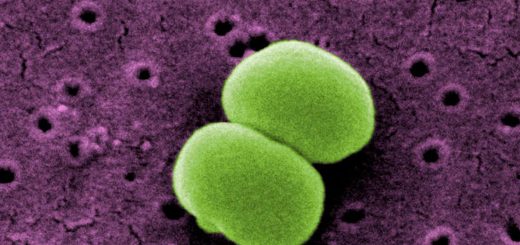The foundations of eczema may start to be laid down in the womb
Eczema can be very distressing for children – and now it seems that its roots may at least partly lie in their mothers experiencing high levels of stress during pregnancy
By Christa Lesté-Lasserre
28 August 2025
A fetus’s immune cells are affected by the hormones produced by the mother
PeopleImages.com – #2323955
Stress during pregnancy, perhaps around the 6-to-8-month mark especially, may prime certain immune cells in a fetus’s skin to overreact, leading to eczema.
Immune cells called mast cells in the skin release histamine and other chemicals that trigger redness, swelling and itching during allergic reactions. Eczema isn’t a type of allergy, but these same chemicals can help fuel the inflammatory flare-ups it induces in response to irritating, rough or damp substances, like soap, washing detergent and diapers.
Read more
The only four skincare ingredients that have been proven to work
A series of experiments on mice has now shown that mast cells become hyperreactive when a fetus is exposed to stress hormones in the uterus.
“Something our work really brings out is that pregnant women’s emotional experiences can indeed have an impact on their children’s health,” says Nicolas Gaudenzio at the Toulouse Institute for Infectious and Inflammatory Diseases in France. “Making mothers feel guilty is absolutely not the point of this research. Maybe this is more of a message for women’s partners and their support systems.”
Previous research has suggested there is a link between stress during pregnancy and eczema in newborns. To understand the mechanisms behind this, Gaudenzio and his colleagues ran experiments on dozens of pregnant mice.


